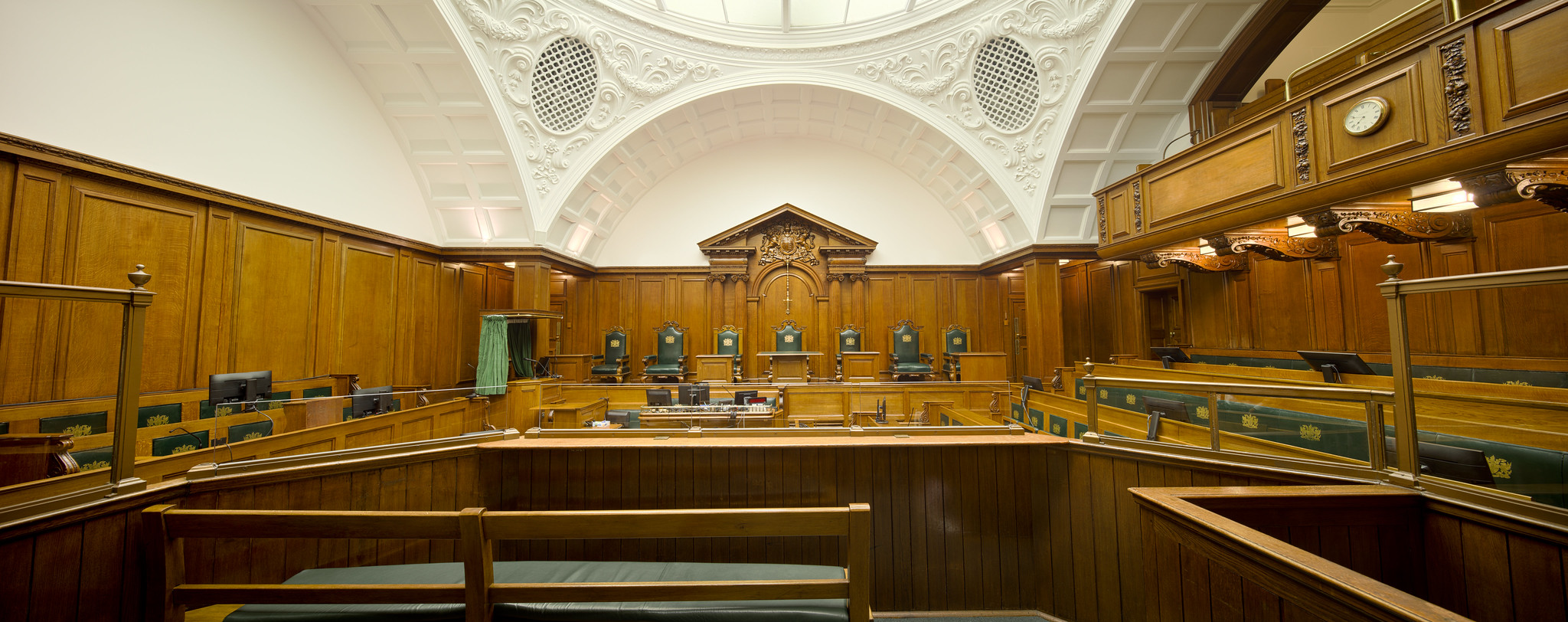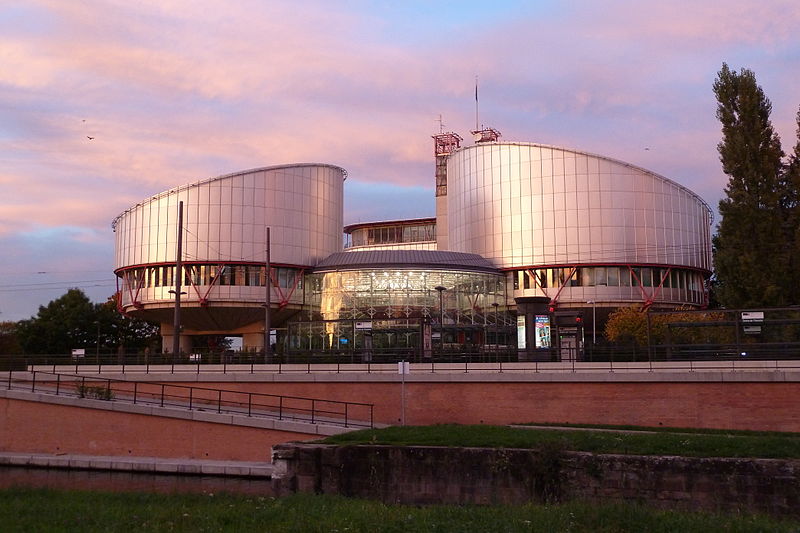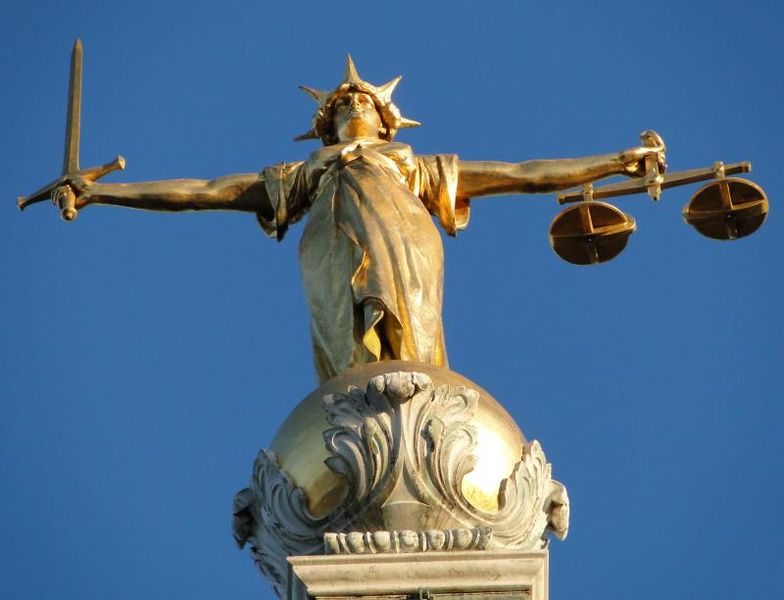This opinion piece first featured on The British Institute of Human Rights guest blog. The views expressed belong to the author.
The rule of law is one of the most frequently invoked yet least understood ideas of legal and political thought. But it is not just lawyers and politicians who have an interest in it. It affects everyday issues and everyone has a stake in the rule of law.
One of the central notions of the rule of law is that it expresses how the state ought to behave towards individuals. This has two elements: firstly, laws must grant citizens their fundamental rights against the state, and secondly, laws must be enforceable. This position has been endorsed by former president of the Supreme Court, Lord Neuberger, who argued that ‘if a right to protection against abuses or excesses of the state’ is not enforceable, ‘it might as well not exist’. Seen in this way, the rule of law is a framework that strives to deliver accessible justice, accountability and protection for individual rights. It is these core principles of the rule of law that connect the notion to the Human Rights Act 1998 (HRA).

Credit: Micheal D Beckwith/Flickr
What Is The Human Rights Act And Why Is It Relevant To The Rule Of Law?
The UK ratified the European Convention on Human Rights (‘the Convention’) in 1951. However, because the UK is a dualist State – which means that international treaties do not automatically have effect in the domestic legal system – the Convention was not directly enforceable in the UK. Only legislation can make treaty rights enforceable in the UK courts, and this is why the HRA was enacted in 1998.
Before the HRA, UK residents had to take cases directly to the European Court of Human Rights in Strasbourg (hereafter ‘Strasbourg’) if they felt that the government was not respecting their rights. This was an expensive and slow process. To get a case to Strasbourg it cost about £30,000 once all domestic remedies had been exhausted. In addition to this, there was a backlog of applications to Strasbourg which in 1999 was at 12,600.
By bringing the Convention’s fundamental rights and freedoms into domestic law, the HRA made a remedy available in UK courts for the breach of those rights, without the need to go to Strasbourg. This change made it much easier for people in the UK to enforce their rights, and made justice more accessible for UK citizens whose rights had been breached.

Credit: WikiCommons
Judges, Authorities, Government…
Another problem before the HRA was enacted, was that it was the UK as a state that was obliged to comply with the Convention. This meant that for decades UK judges, public authorities, and public actors – such as local government, the police, immigration officers and prisons – were not bound to observe these human rights as a matter of UK law.
Instead, the actions of public authorities could be challenged in domestic courts under the common law. But common law rights are limited. The three primary rights under common law are personal security, personal liberty, and private property – and even these are ‘inherently contestable’ as there is no written list of these principles like that contained in the Convention.
The process for challenging breaches of these rights – judicial review – is also limited. For example, if the public authority had followed the correct procedure, and their decision was not sufficiently ‘irrational’, the court would allow their decision to stand.
When the HRA was enacted, the responsibility to comply with the Convention was greatly extended. Now all public bodies (where their actions are regulated by statute) and even some private actors (where they seek the benefit of statutory powers) must uphold Convention rights and can be held accountable where they have not. This ability to hold the government, its officials and actors to an agreed standard is a universal principle of the rule of law.
The HRA also created a requirement for UK law to be interpreted, so far as it is possible to do so, in a way that is compatible with Convention rights. This requirement was one way of helping to ensure that Acts of Parliament do not violate Convention rights, and also
HRA improves access to justice
This is by no means is a complete overview of the purpose and functions of the HRA. However, it illustrates why and how the Act matters in relation to the rule of law. The HRA significantly improves access to justice by allowing breaches of Convention rights to be challenged in domestic courts, reducing the gap between the existence of rights and their enforceability. By broadening the range of authorities and actors whose power must be exercised in line with Convention rights, the HRA strengthens the principle of accountability. And, by embedding the Convention into the process of drafting, enacting, and interpreting legislation, it weaves the principles of the rule of law – in addition to the protection of rights – into the fabric of the UK domestic system.





